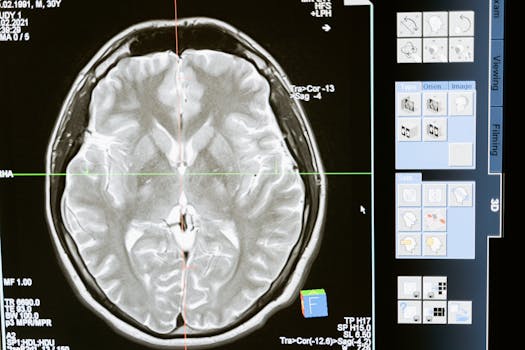You can do a degree to start your career in physics. The course you choose will depend on your area of interest.
Course examples include:
- physics
- astrophysics
- mathematics
- medical physics
- computer science
- engineering physics
If you do not have the required entry qualifications to do a physics degree, you may be able to do a 1-year physics foundation course before moving onto a degree.
Some physics degrees combine an undergraduate course with a postgraduate master's qualification, like an MPhys or MSci. On these, you'll do more independent research, and courses can lead to further study for a PhD.
Entry requirements
You'll usually need:
- 2 or 3 A levels, or equivalent, including maths and physics
- a degree in a relevant subject for postgraduate study





